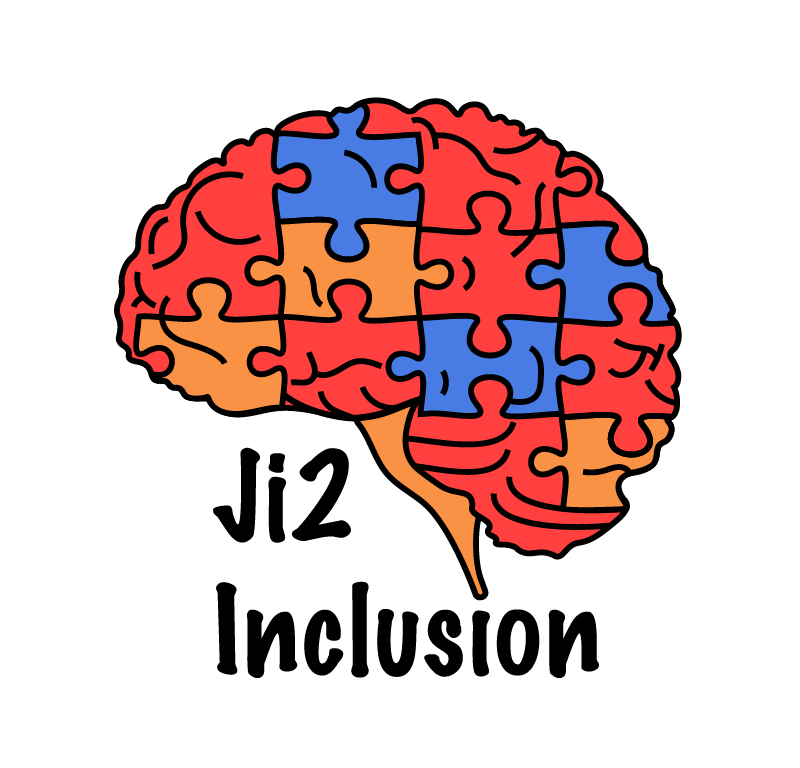Embracing Inclusion: Empowering Special Needs Students for Happiness and Growth
In today's educational landscape, the concept of inclusion has evolved to become more than just a buzzword—it's a fundamental principle that shapes the experiences and outcomes of special needs students. Inclusion goes beyond physical accessibility; it encompasses fostering a supportive environment where every individual feels valued, respected, and empowered to thrive.
The Power of Inclusion
Inclusion is not merely about integrating special needs students into mainstream classrooms; it's about recognizing and celebrating the unique abilities and contributions of each individual. By embracing inclusion, schools create an environment where diversity is embraced, and differences are celebrated.
Nurturing Growth and Development
Inclusive environments provide special needs students with opportunities for holistic growth and development. When students are included in all aspects of school life—academics, extracurricular activities, social interactions—they not only acquire academic knowledge but also develop essential life skills such as communication, collaboration, and empathy.
Fostering Happiness and Well-Being
Research consistently demonstrates the positive impact of inclusion on the well-being and happiness of special needs students. In inclusive settings, students experience a sense of belonging and acceptance, which are essential factors in fostering positive mental health outcomes. When students feel valued and supported, they are more likely to engage actively in learning and social activities, leading to increased self-esteem and overall happiness.
Breaking Down Barriers
Inclusion plays a crucial role in breaking down barriers and challenging stereotypes surrounding special needs individuals. By promoting understanding and acceptance, inclusive environments encourage empathy and compassion among students, teachers, and the broader community. As a result, special needs students are seen as valuable members of society, capable of making meaningful contributions.
Conclusion
Inclusion is not just a goal to strive for; it's a fundamental human right that ensures every individual, regardless of ability, has access to equitable opportunities for learning and growth. By embracing inclusion, schools create environments where special needs students can flourish, paving the way for a more inclusive and compassionate society.


